Old Norse names for boys and girls
Ancient inhabitants of Scandinavian countries were very serious and responsible when choosing how to name their children. They believed that a person's destiny took roots in this person's name. This is why old Norse names are so meaningful and beautiful.
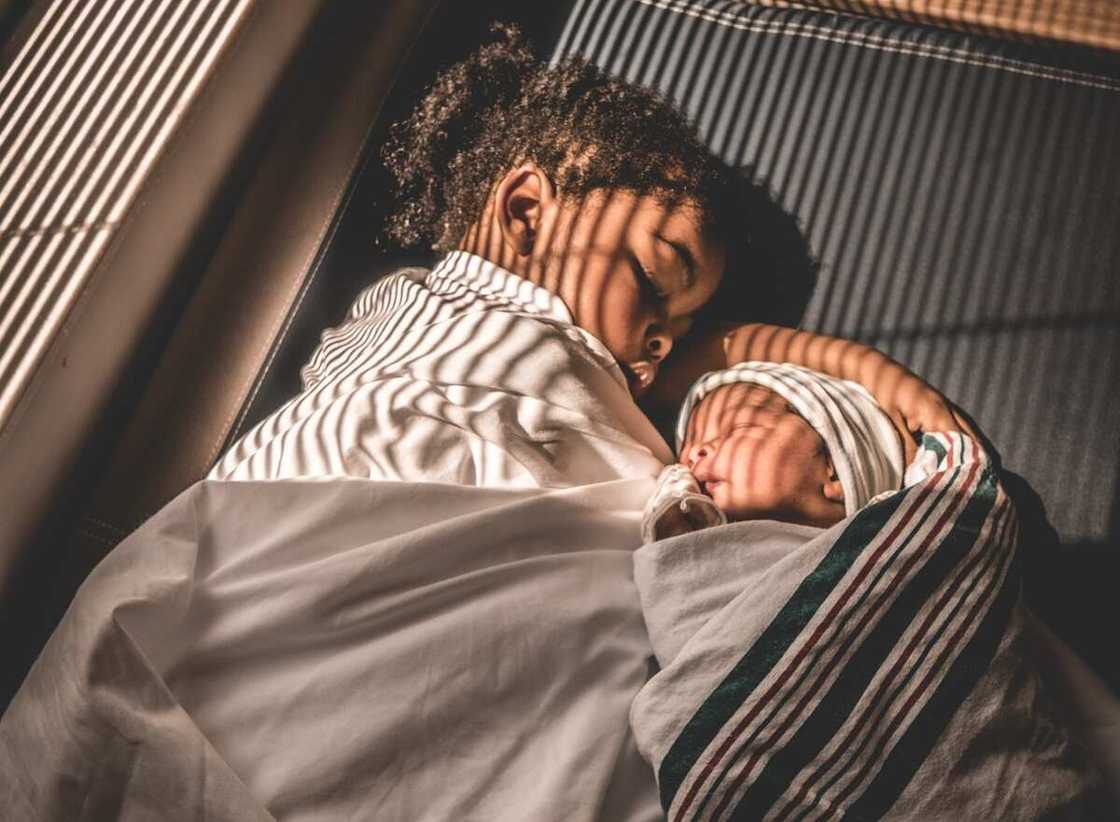
Source: UGC
Ancient Scandinavian names are closely connected to mythology and the nature that has surrounded their bearers since time immemorial. Animals and plants, sacred items and religion, runes and magic – all this has merged together to create magnificent, powerful, protective names.
The most astounding old Norse male names
For the sake of correct pronunciation, it is necessary to remember several rules of ancient Scandinavian languages. The ending –r (-R) is not pronounced; for example, Finnvardr will be read as Finnvard. The only exception is the '–ir' ending, like Thorir, Snerrir. The name of the god Freyr can also be used in its anglicized form Frey.
'F' means 'f' at the beginning of words, like Finnbjörn, but you should pronounce it as 'v' at the end of words, like Thorolf (pronounced as Thorolv).
- Erik (Eric), derived from the ancient form Eirikr, stands for 'the eternal ruler'. The form Eric is widely used around the world. In Norway, they prefer Erik or Eirik; in Iceland, it will be Eirikur. Probably, the most famous one was Erik Raudi ('Red') Thorvaldsson, the discoverer of Greenland.
- Björn is still one of the most popular Norse male names. Meaning 'a bear', it symbolizes one of the most dangerous animals for a hunter. It is the essence of power, strength, courage, and one of the sacred animals of Thor who is among the most revered god in ancient Germanic myths.
- Bernhardr, the ancient form of the modern Bernard; comes from 'björn' for 'bear' + 'hardr' for 'strong, tough'.
- Fridleifr, 'fridr' for 'peace' + 'leifr' for 'an heir'.
- Adalbert, 'adal' for 'noble' + 'berht, beraht' for 'light'.
- Fundinn comes from the word 'fundinn' that determines 'foundling'.
- Baldr probably derived from 'balda' that meant 'strong, courageous'. It is one of the most popular Norse mythology names since it belonged to the son of Odin treacherously killed by Loki.
- Dagbjartr derives from 'dagr' that stands for 'day' + 'bjartr' that denotes 'bright'. A more modern form is Dagobert.
- Olf or Olaf or Ulf is one of the most popular and known Norse boy names that derives from 'ulfr' – 'wolf'.
- Agmundr, 'agi' for 'fear' + 'egg' for 'the cutting edge of a sword' + 'mund' for 'hand' or 'protection'.
- Einarr, in which 'ein' stands for 'one, the only' + 'arr' or 'warjar' denotes 'he who protects'.
- Alfrikr, 'alfr' for 'an elf' + 'rikr' for 'rich, powerful' or 'lord'.
- Barn was created from 'barn' that meant 'baby, child'.
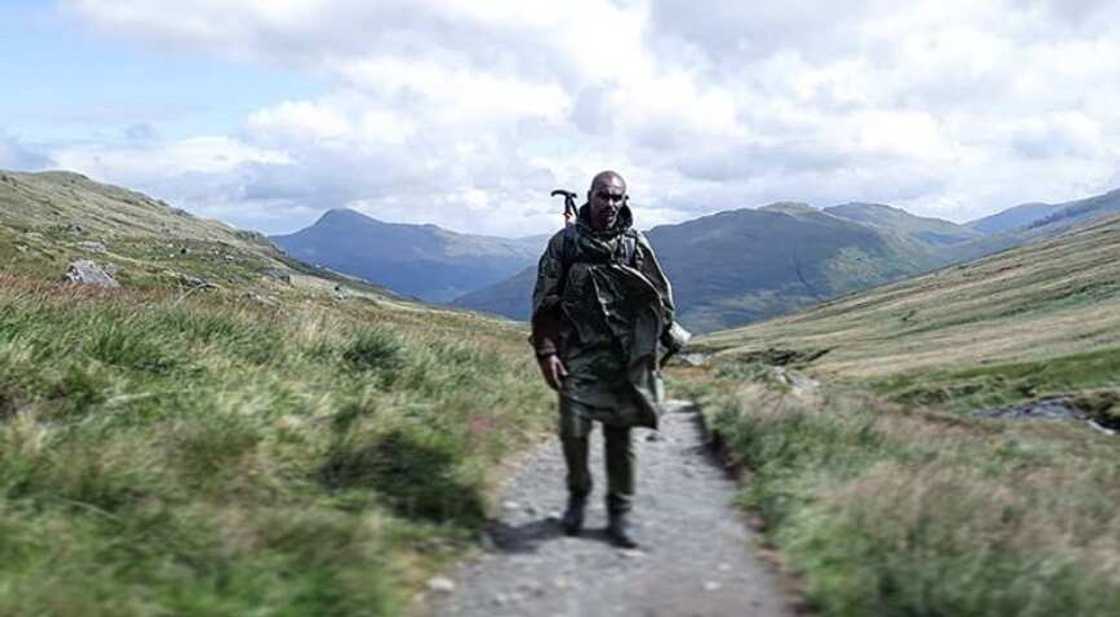
Source: UGC
- Birgir composed out of the old Scandinavian 'birgja' that stood for 'to keep, to guard, to protect'.
- Loki comes from 'lok' for 'lock' or 'the end'. Loki is one of the most well-known Norse gods, cunning, deceiving, and sly.
- Bjolfr, which you may also know as Beowulf. Ancient Scandinavians had special phrases called kennings to determine certain phenomena or objects without naming them directly. Since the bear was kind of sacred to them, they used different kennings to determine it. 'Bjolfr' means 'bee wolf', a bear in other words.
- Haflidi, 'haf' for 'sea, ocean' + 'lidi' for 'wanderer'.
- Folkmarr derives from 'folk' that stands for 'folk, people' + 'maer' denoting 'glorious, famous'.
- Edvardr (or Edward as we know it today) consists of 'ead' for 'richness, wealth' + 'weard' for 'guard, keeper'.
- Frodi derived from 'frodr', 'the wise one'.
- Ljufr, the exact word means 'the loved one'.
- Ljufvini, 'ljufr' for 'the loved one' + 'vinr' for 'friend'.
- Edmundr (or Edmund in the modern version) is made of 'ead' for 'richness, wealth' + 'mund' for 'hand, protection'.
- Manni or Manne, appeared from 'mandr' – 'man, human'.
- Ellidi comes from the word 'ellidi' determining 'quick ship'.
- Faraldr, 'fari' for 'sailor, sea wanderer' + 'valdr' for 'lord, ruler'.
- Forseti, the son of Baldr and Nanna, the god of justice. 'Forseti' used to mean 'chief'. In the modern Icelandic language it is used for the President.
- Ormarr, 'ormr' for 'dragon, serpent' + 'warjar' for 'he who protects'.
- Hrafni, comes from 'hrafn' that means 'crow, raven'.
- Leifr, the word means 'an heir'. It is the short form for all the male Norse names that contain the part 'leifr'.
- Magni, the mythological son of Thor and Jarnsaxa, a female giant. Magni stands for 'might, power'.
- Odinn, the name of the chief god, probably derives from 'odr' that stands for 'a thought, mind' or 'soul, emotion'.
- Sighfridh or Sigridr, one of the most famous characters from the German mythology; 'sigr' stands for 'victory' + 'fridr' denotes 'beautiful, fair.
The most charming old Norse female names
- Astrid, one of the most famous northern names due to the writer Astrid Lindgren. It consists of 'as' for 'a god' + 'fridr' for 'beautiful' or 'fair'.
- Aldis or Alfdis, 'alfr' for 'an elf' + 'dis' for 'goddess' or 'sister' or 'maiden'.
- Dottir comes from the word 'dottir' that determines 'daughter'.
- Fridgardr or Fridgerdr, 'fridr' for 'peace, serenity' + 'gardr' for 'guard' or 'protection'.
- Frida, widely spread around the world, is a short form of all the Norse female names that contain 'fridr' that stands for either 'peace' or 'beautiful, fair'.
- Eir, the name of the goddess of healing, comes from the word 'eir' that means 'mercy'.
- Hrafndis evolved from 'hrafn' that determines 'crow, raven' + 'dis' for 'sister', 'maiden' or 'goddess'. Ravens are respected sincerely in myths as Odin's companions and carriers of wisdom.
- Fjörleif that comes from 'fjör' that stands for 'life, liveliness' + 'leif' that denotes 'an heir'.
- Bara appeared from the old Scandinavian word 'bara' that meant 'a wave'.
- Dageidr, in which 'dagr' means 'day' + 'heidr' stands for 'clear, cloudless'.
- Edda, meaning 'a great-grandmother', is known because it is the title of a whole body of old Scandinavian literature. That Edda is the chief source of the oldest mythology of Iceland, Denmark, Norway, and Sweden.
- Hilda, a very popular choice among Norse girl names, that comes from 'hildr' that means 'battle'.
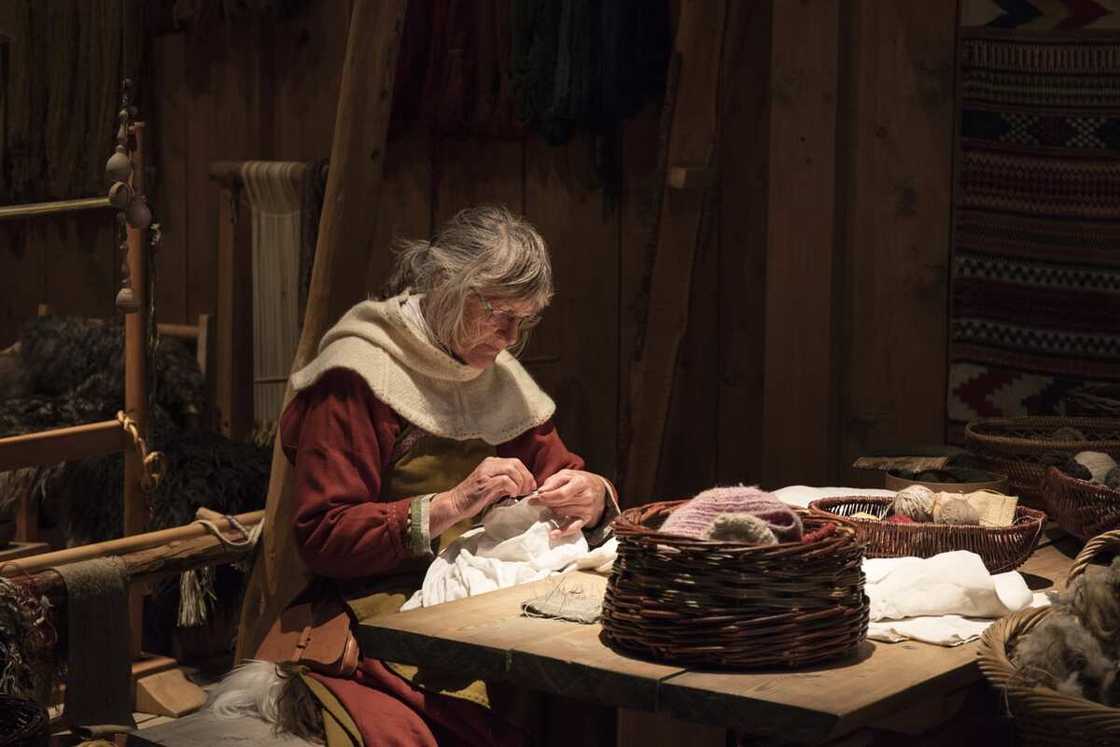
Source: UGC
- Alfrun, 'alfr' for 'an elf' + 'run' for 'a rune, magical symbol' or 'mystery, mysterious knowledge'.
- Disa derived from the word 'dis' that denoted 'sister' or 'maiden' or 'goddess'.
- Bera or Birla (diminutive form) derived from an ancient word 'bera' that meant 'female bear'.
- Björg comes from the ancient word 'björg' that stands for 'help, protection'.
- Maer or Mar comes from the word that denotes 'maiden'.
- Osk comes from 'osk' that is 'desire'.
- Brynhildr (the 'y' is read like 'oo' in English), one of the most famous female Norse names that comes from mythology. In it, 'brynja' stands for 'armour, protection' + 'hildr' denotes 'battle'.
- Berghildr, in which 'bjarga' stands for 'to save, to protect' + 'hildr' means 'battle'.
- Dagmaer or Dagmar comes from 'dagr' for 'day' + 'maer' for 'famous, glorious'. It also has a Norse names male form that is written in the same way.
- Liufa, the Norse names female form of Ljufr, 'the beloved one'. It is one of the most charming and tender Norse baby names for little girls.
- Halldis comes from 'hallr' that meant 'rock, cliff' + 'dis' that stands for 'sister', 'maiden', or 'goddess'.
- Helgunnr coms from 'helgi' for 'holy, sacred' + 'gunnr' for 'battle, fight'.
- Hlin comes from 'hleina' that stands for 'to save, to protect'. This is how Frigg, Odin's wife is often called in myths.
- Langlif or Langliva, the exact word means 'long life'.
- Magnhildr, 'magn' for 'power' + 'hildr' for 'battle'.
- Mjöll is a poetic name that means 'fresh snow'.
- Solveig, 'sol' that is 'sun' + 'veig' for 'power' or 'core, essence'.
- Sigrun emerged from 'sigr' for 'victory' + 'run' for 'rune, mysterious sign' or 'mystery'.
How common Norse names were created
As many people know now from the popular culture, ancient Scandinavians used a runic alphabet. The eldest known is called Futhark; it consists of 24 symbols. With time, the alphabet was reduced to only 16 symbols, with one symbol often representing several sounds. This was the time the Proto-Norse language evolved into the Old Norse language.
With the spreading of Christianity, the usage of these ancient runes declined. The language adopted the Latin alphabet, and there appeared Christian given names (coming from Greek, Latin or Hebrew). Still, the most ancient ones remained in use. Now, with a lot of attention to the Viking era in the popular culture, the old traditions and ancient Norse names are surviving their true revival.
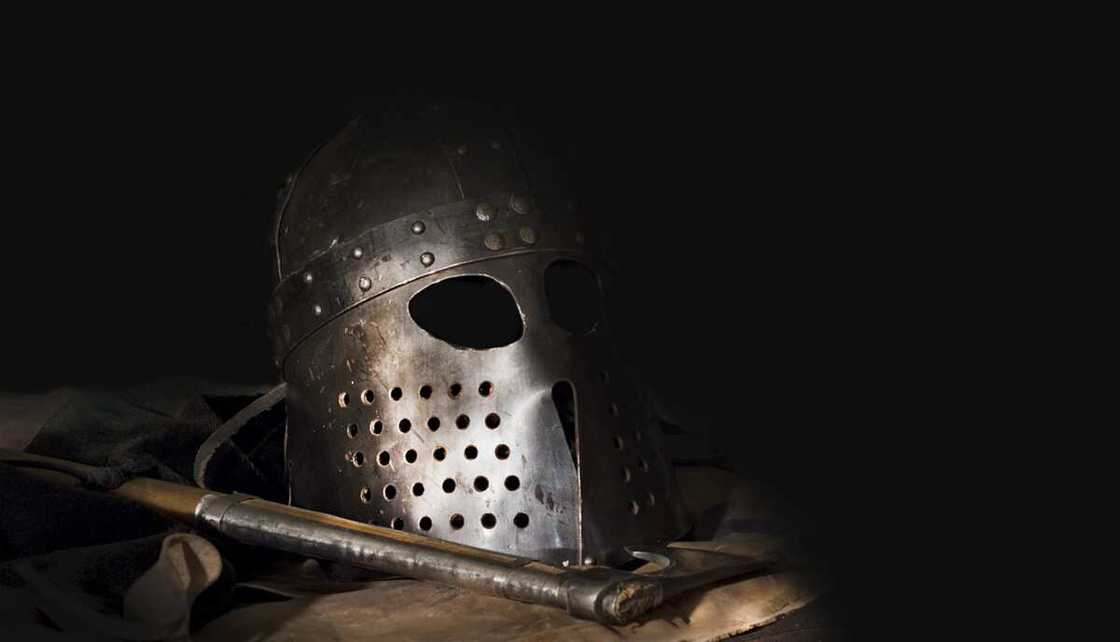
Source: UGC
As in many European cultures, old Norse names often consist of several parts. For instance, famous and popular Harald consists of two parts, 'herr' (army) + 'valdr' (lord, ruler); Ingvar – 'Ing' (the Scandinavian god of fertility) + 'warjar' (he who protects, he who guards), and so on.
Some names consist of only one part. As a rule, it is a feature that is attributed to its owner. For example, Kolr that means 'dark' or 'pit-black' could be given to a person with dark hair or skin. Litli meant 'small', Hardr – 'tough'. Abstract notions were also in use, for example, Hugi – 'thought', Hildr – 'battle', Steinn – 'stone'. Sacred animals were believed to give their features and powers to a human, like Ulfr – 'wolf', Björn – 'bear', etc. Finally, gods and other mythological creatures made their contribution. They are present in composite names, both male and female, like Gunntorr – 'Thor's battle', Ingimarr – 'glorious Ing', Freybjörn – 'Freyr's bear', and so on.
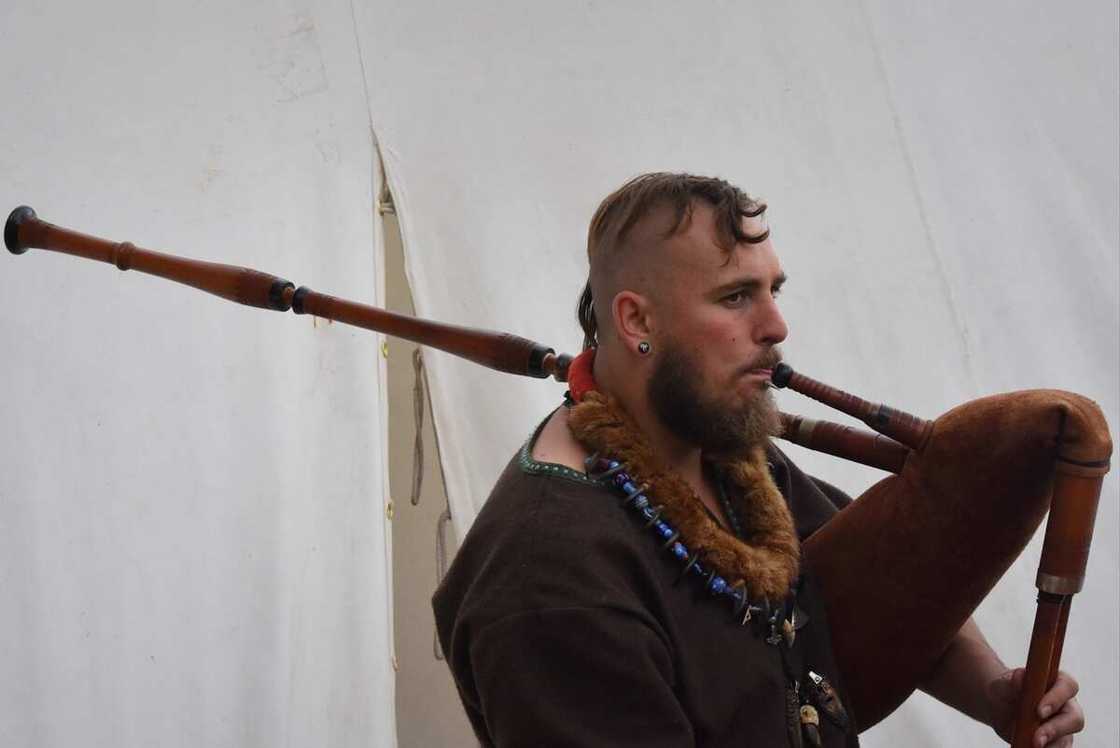
Source: UGC
Traditionally, Norse last names were often created by adding '-son/-sen' or '-dottir' ('daughter') to the name of the father, for instance, Gunnarson or Gunnarsdottir. They have remained quite popular since ancient times even after the Christianization. Sometimes, the ending '-man' was added, like in Bergman, for example. In separate cases, last names were composed out of several meaningful parts, just like regular first names.
These short lists of old Norse names for baby boys and girls represent only a small part of the incredible Scandinavian culture. Still, they can give you an idea of the beauty, power, and poetry behind the ancient words.
Source: Legit.ng


